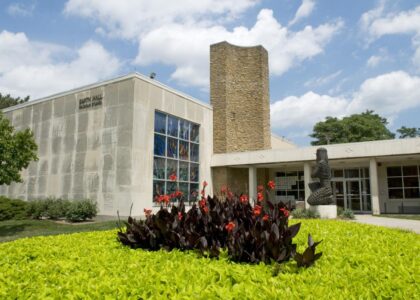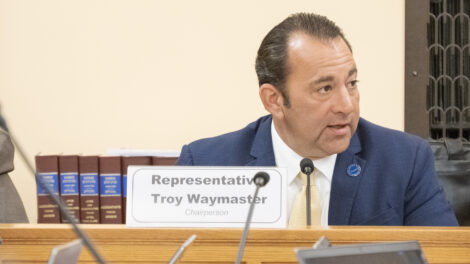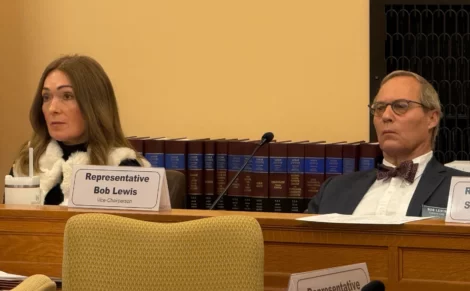Inmates at Leavenworth Federal Prison cultivating garden and sharing their bounty with the community

Inmates at Leavenworth Federal Prison work in the garden area that is part of its Therapy and Mentoring Horticulture Program.
Lawrence residents struggling with hunger have received a helping hand this summer from an unlikely source: inmates at the Leavenworth Federal Prison.
On 17 acres, about 50 minimum-security inmates tend to an organic and self-sustaining farm as part of the prison’s Therapy and Mentoring Horticulture Program. Last summer, the project yielded more than 100,000 pounds of produce used at the prison or donated to food banks. This year, prison staff expects twice that.
Kansas University graduate student Raven Naramore heard about the project through a family member and has helped get the fruits and veggies to the Lawrence Just Food food bank.
The project features cutting-edge sustainability practices, said Joe Mason, prison food services coordinator.
Mason walks the prison grounds explaining rainwater collecting tubs, the half acre compost plot and the indoor worm bins, where red wiggly worms process the prison’s food waste, turning it into a nutrient-rich liquid called “black gold” that will be used on the crops as fertilizer.
“It’s a very green system,” Mason said.
The project costs taxpayers nothing, as all the seeds, equipment and labor is salvaged or donated by community members.
“Everything’s about partnerships,” Mason said.
More than half of the produce is distributed to non-profit groups throughout the region, and there’s a planned shipment to tornado-stricken Joplin, Mo.
Food donations were at first kept local, but as the project produced more goods, food donations branched out, said Brian Habjan, a citizen member of the prison’s community relations board and vice president of Commerce Bank in Leavenworth.
“We’re open to any group that wants to be involved,” Habjan said.
In addition to providing food to the needy, the project has another function: teaching inmates valuable horticulture skills for when they’re released.
About a dozen inmates are enrolled in a 4,000-hour horticulture certificate program, and another 40 or so inmates participate in the project which produces a wide variety of crops, including watermelon, tomatoes, squash, corn, strawberries and garlic.
Mason said the program already boasts success stories of released inmates who’ve gone on to start successful horticulture careers based on what they’ve learned on the inside.
And better job prospects for parolees means a lower risk of returning to prison, Mason said.
As word has spread about the project, a wide range of good-hearted citizens have donated everything from pallets to gardening tools to produce boxes.
Mason and prison staff members haggled over estimates of how much poundage the project will produce this year. The conservative estimate is 200,000 pounds, but Mason thinks it could hit 300,000.
“When we first started, we just had a little garden,” Mason said.
For more information or to donate, contact Brian Habjan at 913-758-2822 or brian.habjan@commercebank.com







